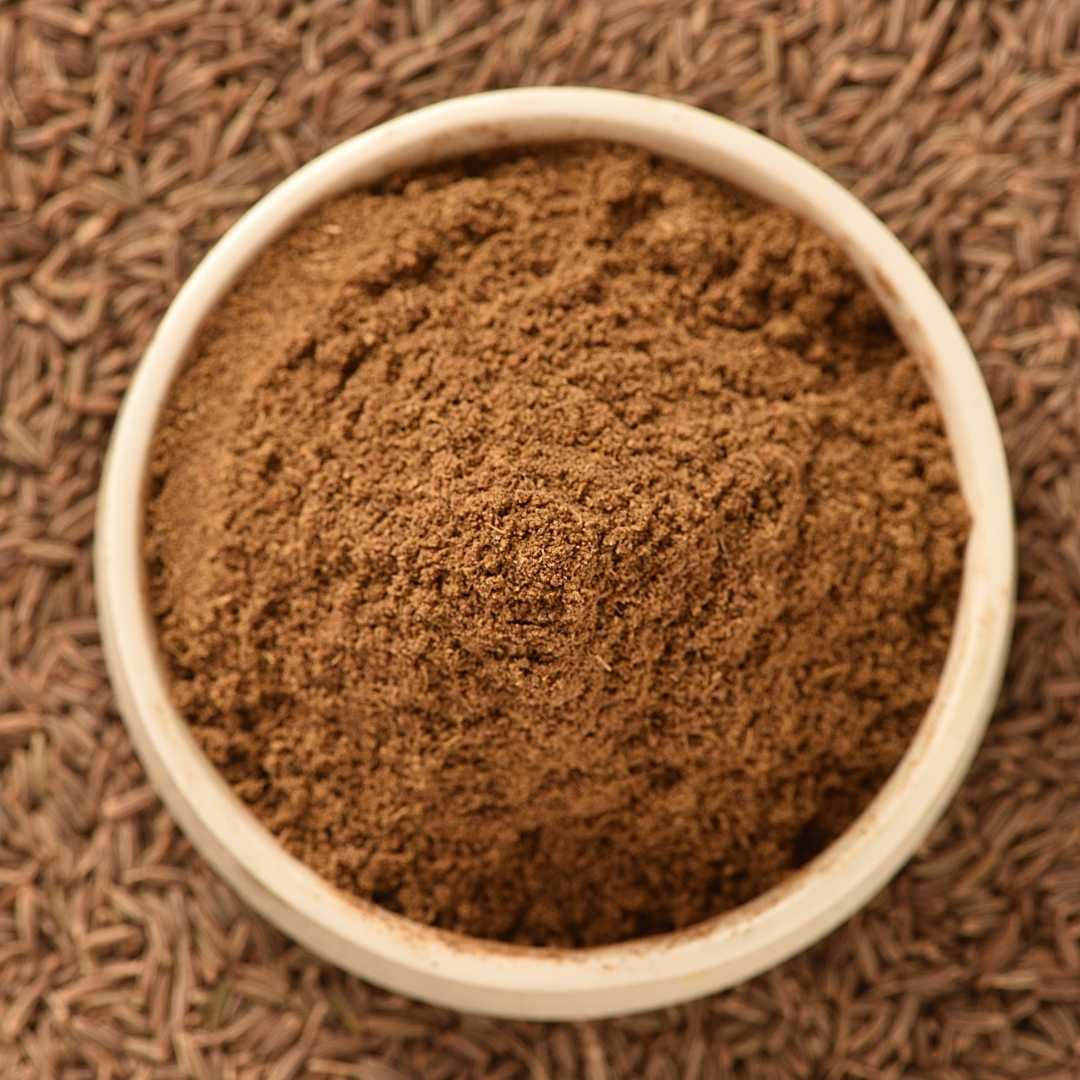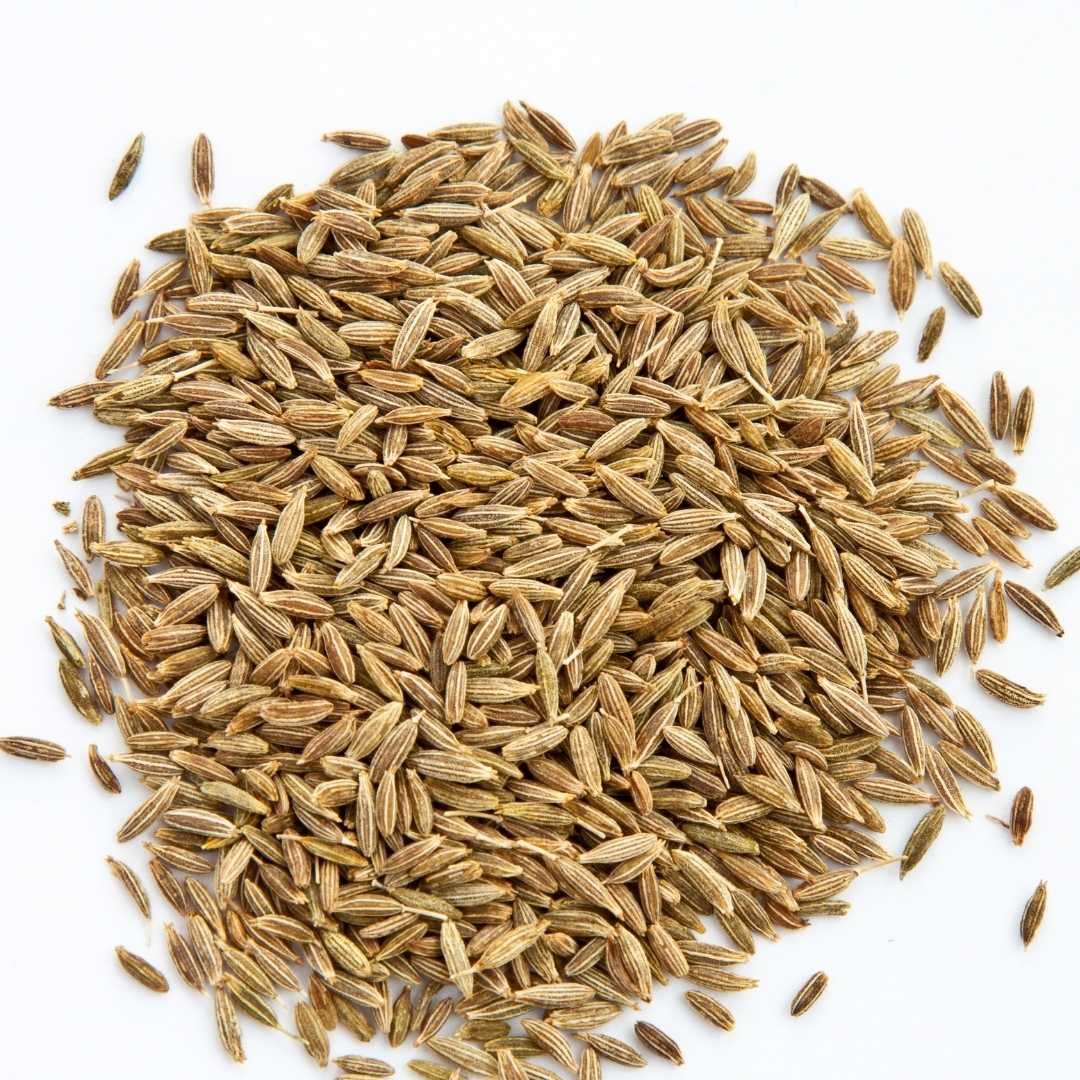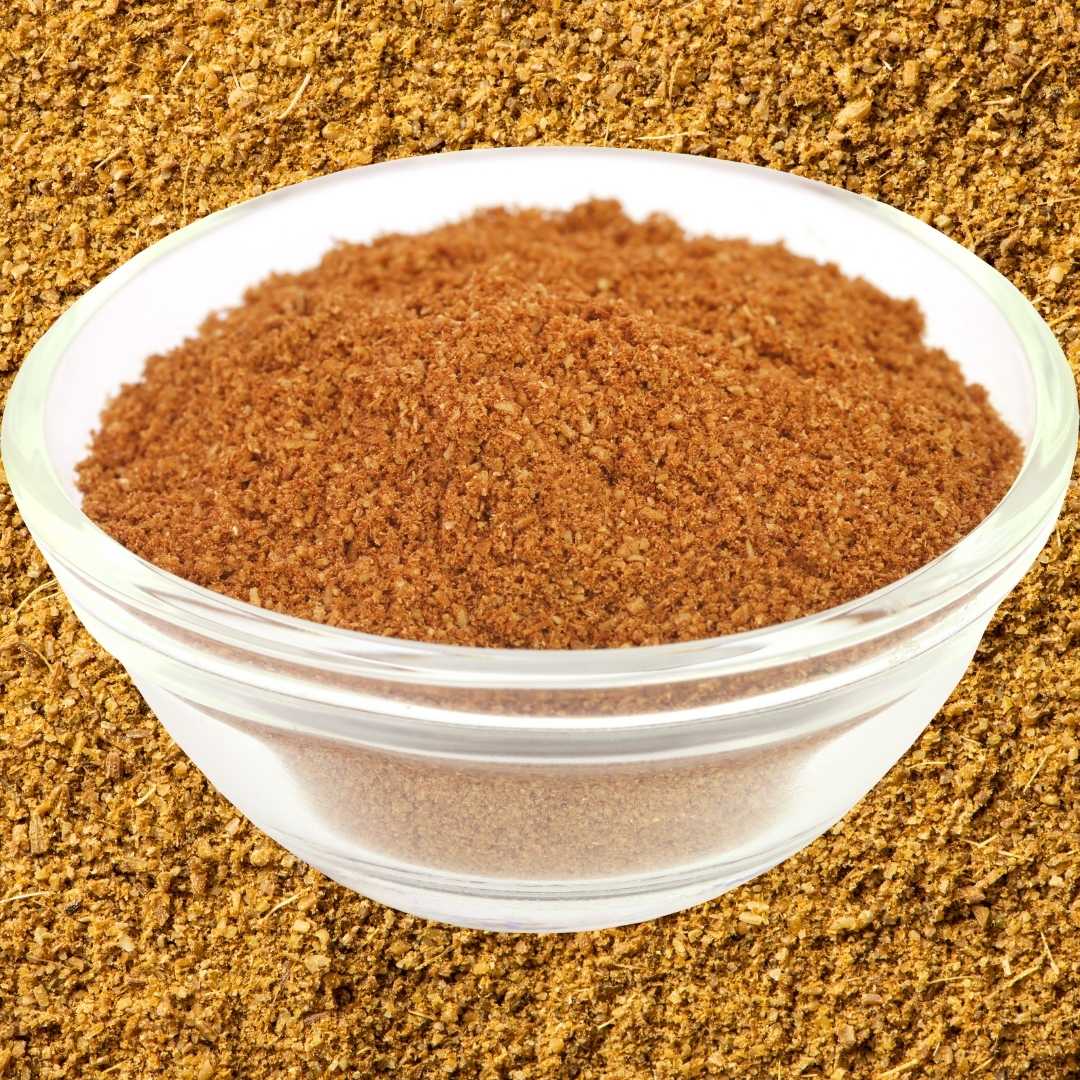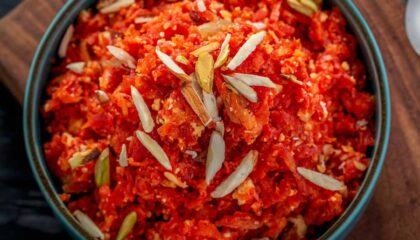
Cumin is a spice made from the dried seed of the plant Cuminum cyminum, which belongs to the parsley family. Cumin is a popular spice that can be found in a variety of cuisines, including Latin American, Middle Eastern, North African, and Indian dishes. It is available in both whole seeds and ground form.
Cumin seeds are hand-picked from an annual plant; they are small, boat-shaped, and look similar to caraway seeds. The most common variety of cumin is brownish-yellow, but black cumin, green cumin, and white cumin are also available. Whole seeds (also known as jeera) can be found in Indian recipes, and ground cumin can be found in Mexican and Middle Eastern dishes, as well as chili, barbecue sauce, baked beans, soups, and marinades. Cumin is a common ingredient in chili powder and can also be found in garam masala, curry powder, achiote blends, adobos, berbere, and bahaarat.
Cumin is a traditional spice from Egypt and the Middle East. It has been discovered in 4,000-year-old excavations in Syria and Egypt, where it was used as a spice as well as an ingredient in the preservation of mummies. It appears in both the Old and New Testaments of the Bible. Cumin has been used extensively in India, as well as by the Greeks and Romans, since ancient times. It was introduced into Mexican and South American cuisines by the Spanish and Portuguese after European colonization.
Cumin is available as whole seeds as well as a ground powder, and both are used in cooking. Whole cumin, for example, is used in Indian dishes, where the whole seeds are added to the hot oil at the beginning of the dish to infuse the flavor into the oil and thus the rest of the ingredients. More flavor is released when the seed is lightly roasted, which is simple to do in a dry pan over medium heat.
Dry roasted cumin seeds are ground to make ground cumin. It can be added to a recipe at any time because its flavor does not require heat or time to be released, as it does with seeds.
Lightly roasting whole cumin seeds and then grinding the seeds in a spice grinder or mortar and pestle yields a more intense and nuanced flavor. You should keep this in mind when using measurements for a recipe and grinding cumin from freshly roasted seed. Cumin loses flavor over time and should be replaced on a regular basis once ground.

Cumin has a warm, earthy flavor and aroma that is slightly sweet and bitter. To achieve the best flavor, the whole seeds must be toasted.
You will use cumin differently in recipes depending on whether the recipe calls for cumin seed or ground cumin. Whole cumin seeds should be added early in the recipe to allow the spice's essence to release; adding them to a hot broth or oil will allow the aroma and flavors to disperse into the dish. Ground cumin is a staple in a variety of blends, including curry powder. It's also used in rubs, marinades, and as a seasoning for hearty dishes.
When converting from whole to ground seeds (or vice versa), different amounts must be added. Because ground cumin has a stronger flavor than whole cumin seeds, you will need less of it in a dish. Use 1 1/4 tablespoons cumin seeds in place of 1 tablespoon ground cumin in a recipe that calls for 1 tablespoon ground cumin.

Research seems to support the following benefits of cumin:
Cumin may be beneficial to people who are trying to lose weight. A study of overweight adults compared the weight loss effects of cumin to those of a weight loss medication and a placebo. The researchers discovered that both the cumin and weight loss medication groups lost significant amounts of weight after 8 weeks. People in the cumin group had lower insulin levels as well. Another study discovered that women with overweight and obesity who consumed 3 grams (g) of cumin powder in yogurt every day for three months had significant reductions in body weight, waist size, and body fat.
The aforementioned study of overweight and obese women discovered that consuming 3 g of cumin powder per day resulted in lower levels of total cholesterol, low-density lipoprotein, or "bad," cholesterol, and triglycerides. Those who consumed the cumin powder also had higher levels of HDL, or "good" cholesterol.
The effects of cumin essential oil on blood sugar levels were investigated in a study of adults with type 2 diabetes. Participants in the study were given either 100 mg of cumin oil per day, 50 mg of cumin oil per day, or a placebo. Both cumin oil groups had significantly lower blood sugar, insulin, and hemoglobin levels after 8 weeks. All of these are indicators of good diabetes management. Improvements in insulin resistance and inflammation were also seen in the cumin oil groups. According to a 2017 review of studies, other human studies using black cumin seeds have yielded mixed results. More research is required to confirm the benefits of cumin essential oil for diabetics.
A preliminary study, in 2013, investigation of the effects of consuming cumin essential oil drops on the symptoms of irritable bowel syndrome (IBS). After four weeks, study participants reported improvements in a variety of symptoms, including stomach pain and bloating. Those with IBS who had primarily experienced constipation had more frequent bowel movements at the end of the study. Those who had diarrhea as a primary symptom had fewer bowel movements.
Cumin may assist the body in dealing with stress. A rat study looked at the effects of cumin extract on stress symptoms. The animals' bodies had a significantly lower stress response when they received cumin extract before a stressful activity than when they did not receive the extract. Cumin, as an antioxidant, may help combat the effects of stress. In the rats studied, the same researchers discovered that cumin was a more effective antioxidant than vitamin C.
The same rat study looked at the effect of cumin extract on memory. The study discovered that animals given cumin extract had better and faster recall.
Cumin has the potential to be used to treat a wide range of health issues. In addition to the health benefits listed above, research has shown that cumin may boost the immune system and aid in the fight against certain types of bacterial and fungal infections. Cumin may also help prevent certain types of cancer, according to a reliable source. More research, particularly on humans, is required. Cumin, on the other hand, appears to hold medical promise. Researchers have yet to determine the best supplement form and dosage. For the time being, it is best to consume cumin as part of a meal rather than as a supplement.
Amchur Restaurant & Bar is one of the popular Indian restaurants which provides not only Indian cuisines but also Nepalese and Oriental cuisines with a contemporary approach which are not only healthy but also immensely delicious to the customers who have visited and dined at the restaurant. Amchur Restaurant & Bar provides dine-in service along with takeaway and delivery service. If you like to try out the takeaway or delivery you can place an order by clicking here. You can also reserve a table for your family or friends by clicking here.
-
 Read more +
December 28, 2022 By Amchur Restaurant in Blogs
Read more +
December 28, 2022 By Amchur Restaurant in Blogs
Indian Curry Popularity in the UK
-
 Read more +
December 23, 2022 By Amchur Restaurant in Blogs
Read more +
December 23, 2022 By Amchur Restaurant in Blogs
Lip smacking comfort foods to soothe your soul
-
 Read more +
December 15, 2022 By Amchur Restaurant in Blogs
Read more +
December 15, 2022 By Amchur Restaurant in Blogs
Indian Food Choices for Special Occasions
-
 Read more +
November 11, 2022 By Amchur Restaurant in Blogs
Read more +
November 11, 2022 By Amchur Restaurant in Blogs
Creating a Positive Dining Experience
-
 Read more +
October 9, 2022 By Amchur Restaurant in Blogs
Read more +
October 9, 2022 By Amchur Restaurant in Blogs
Health Benefits of an Indian Diet
-
 Read more +
By Amchur Restaurant in Blogs
Read more +
By Amchur Restaurant in Blogs
Seasonal Foods and its Health Benefits
-
 Read more +
October 3, 2022 By Amchur Restaurant in Blogs
Read more +
October 3, 2022 By Amchur Restaurant in Blogs
Indian food and its significance
-
 Read more +
September 19, 2022 By Amchur Restaurant in Blogs
Read more +
September 19, 2022 By Amchur Restaurant in Blogs
Perfect Party Venue in Old Windsor : Amchur
-
 Read more +
September 8, 2022 By Amchur Restaurant in Blogs
Read more +
September 8, 2022 By Amchur Restaurant in Blogs
Choosing the Right New Year Party Venue
-
 Read more +
September 5, 2022 By Amchur Restaurant in Blogs
Read more +
September 5, 2022 By Amchur Restaurant in Blogs
Choosing the Right Christmas Party Venue

You must be logged in to post a comment.